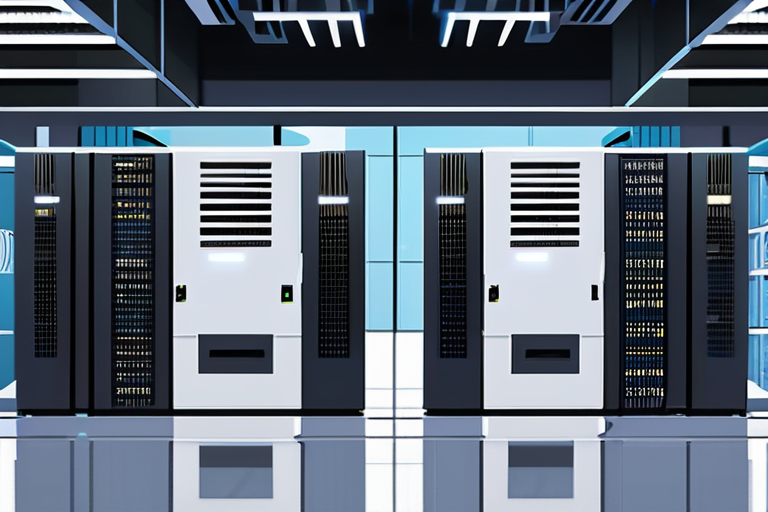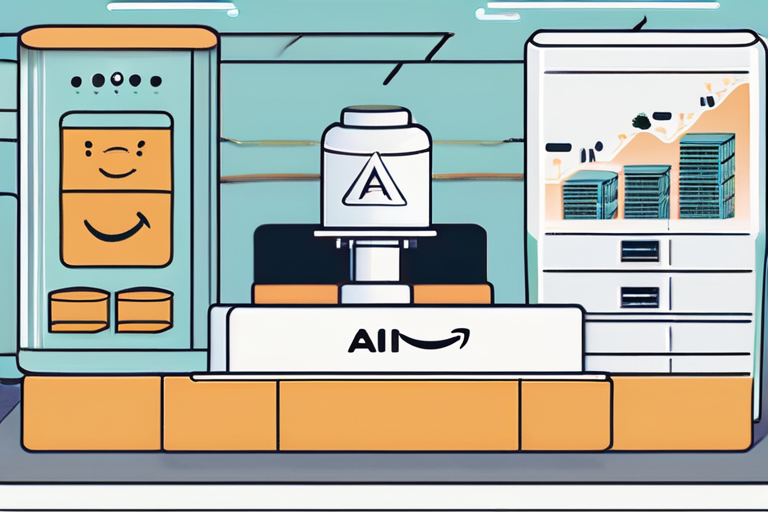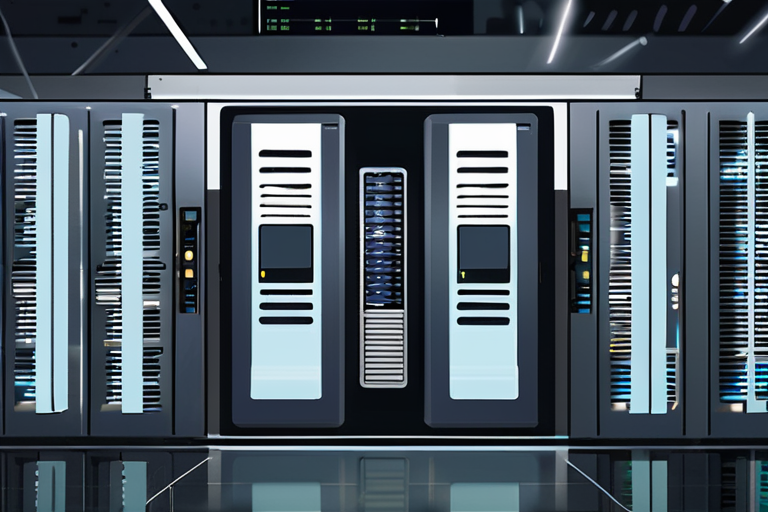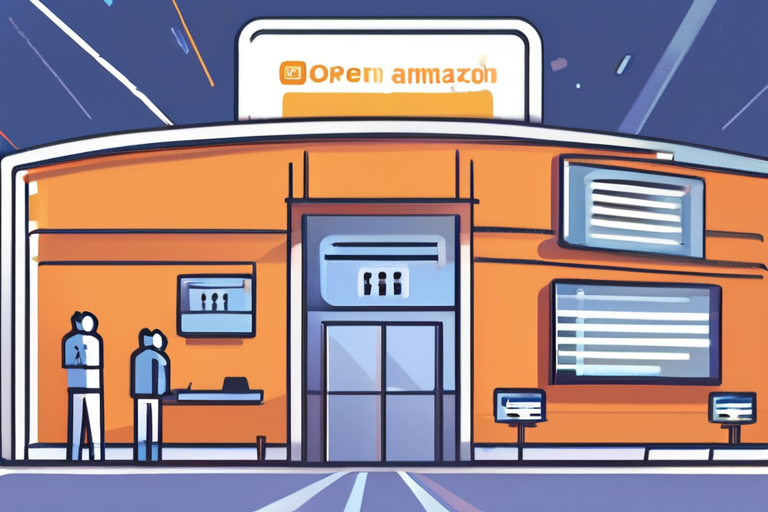In a move that could significantly boost the development of artificial intelligence (AI) infrastructure in the United States, OpenAI has asked the federal government to expand the tax credit provisions of the Chips Act to cover data centers and other AI-related facilities. The company, known for its highly advanced language model, has been seeking to establish a robust AI ecosystem in the US, and this latest development is seen as a crucial step in achieving that goal.
According to a letter obtained by TechCrunch, OpenAI's chief global affairs officer, Chris Lehane, made the request to the White House's director of science and technology policy, Michael Kratsios, in October. The letter argued that broadening the Advanced Manufacturing Investment Credit (AMIC) to cover electrical grid components, AI servers, and AI data centers would lower the effective cost of capital, de-risk early investment, and unlock private capital to help alleviate bottlenecks and accelerate the AI build in the US.
The AMIC is a 35% tax credit that was included in the Biden administration's Chips Act, a $280 billion package aimed at boosting the US semiconductor industry. However, OpenAI's letter suggests that the tax credit could have a broader impact if it is expanded to cover other areas of AI infrastructure. The company estimates that the expanded tax credit could unlock up to $10 billion in private investment in the US AI sector.
The Chips Act has already had a significant impact on the US economy, with the US Department of Commerce reporting that the program has attracted over $20 billion in private investment in the semiconductor industry since its inception. However, the US AI sector still faces significant challenges, including a shortage of skilled workers and a lack of investment in AI infrastructure.
OpenAI's request is seen as a key development in the ongoing debate about the future of AI in the US. The company's CEO, Sam Altman, has been a vocal advocate for the need to establish a robust AI ecosystem in the US, and this latest move is seen as a key step in achieving that goal.
The company's letter also called for the government to accelerate the permitting and environmental review process for AI-related projects, and to create a strategic reserve of raw materials such as copper, aluminum, and processed rare earth minerals needed to build AI infrastructure. These requests are seen as critical to ensuring that the US AI sector can scale quickly and efficiently.
In terms of market impact, OpenAI's request could have significant implications for the US economy. A robust AI ecosystem could create new job opportunities, drive innovation, and boost economic growth. However, it also raises concerns about the potential risks and challenges associated with the development of AI, including issues related to job displacement and data security.
As the US AI sector continues to evolve, it is likely that we will see more developments like this in the coming months and years. OpenAI's request is just the latest example of the company's commitment to establishing a robust AI ecosystem in the US, and it is likely to have significant implications for the industry as a whole.


























Share & Engage Share
Share this article